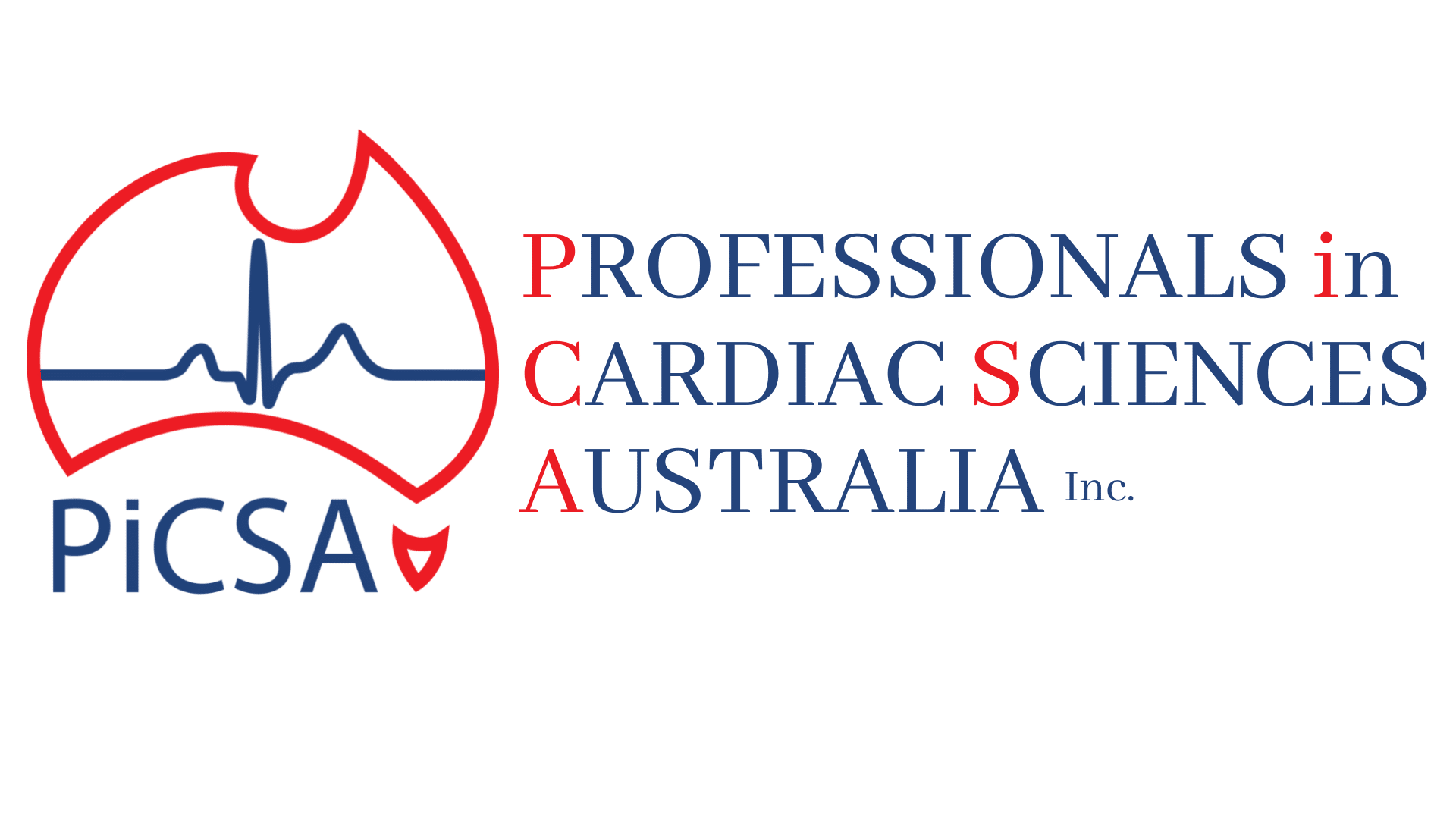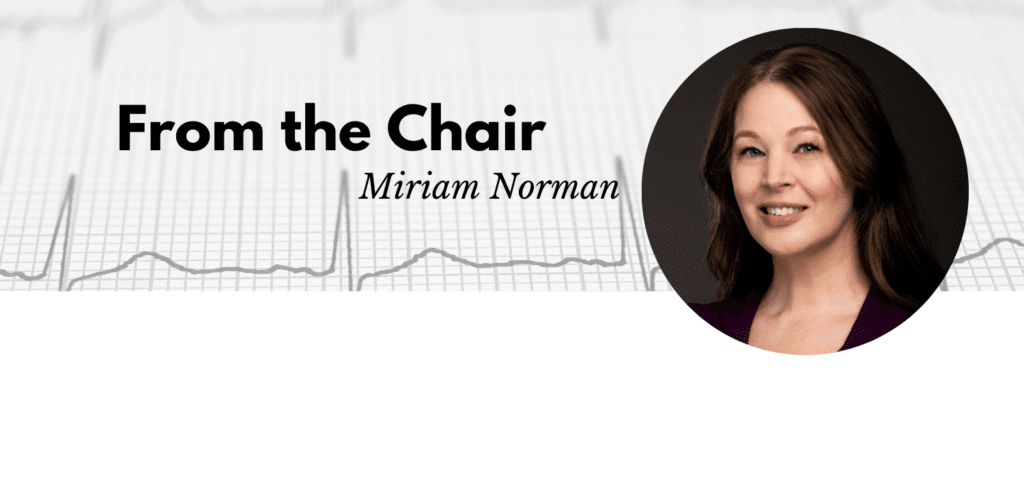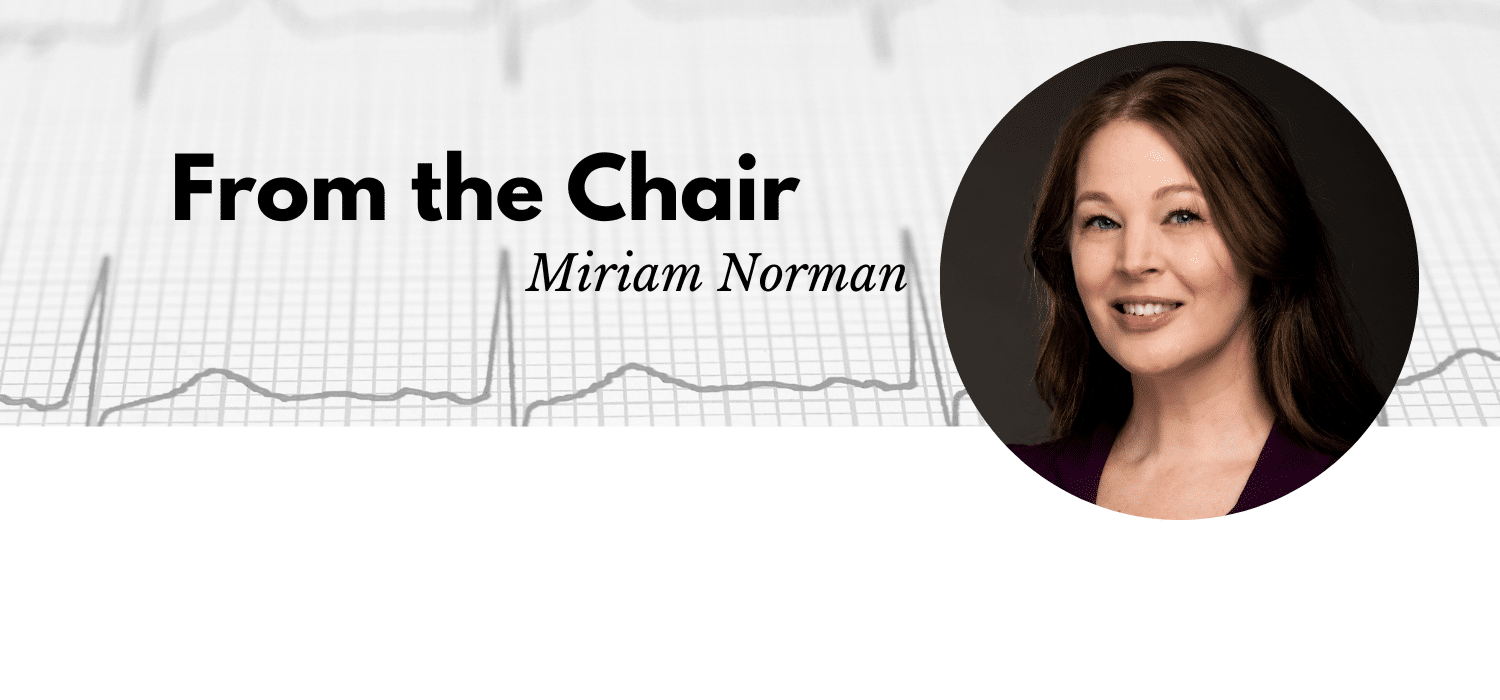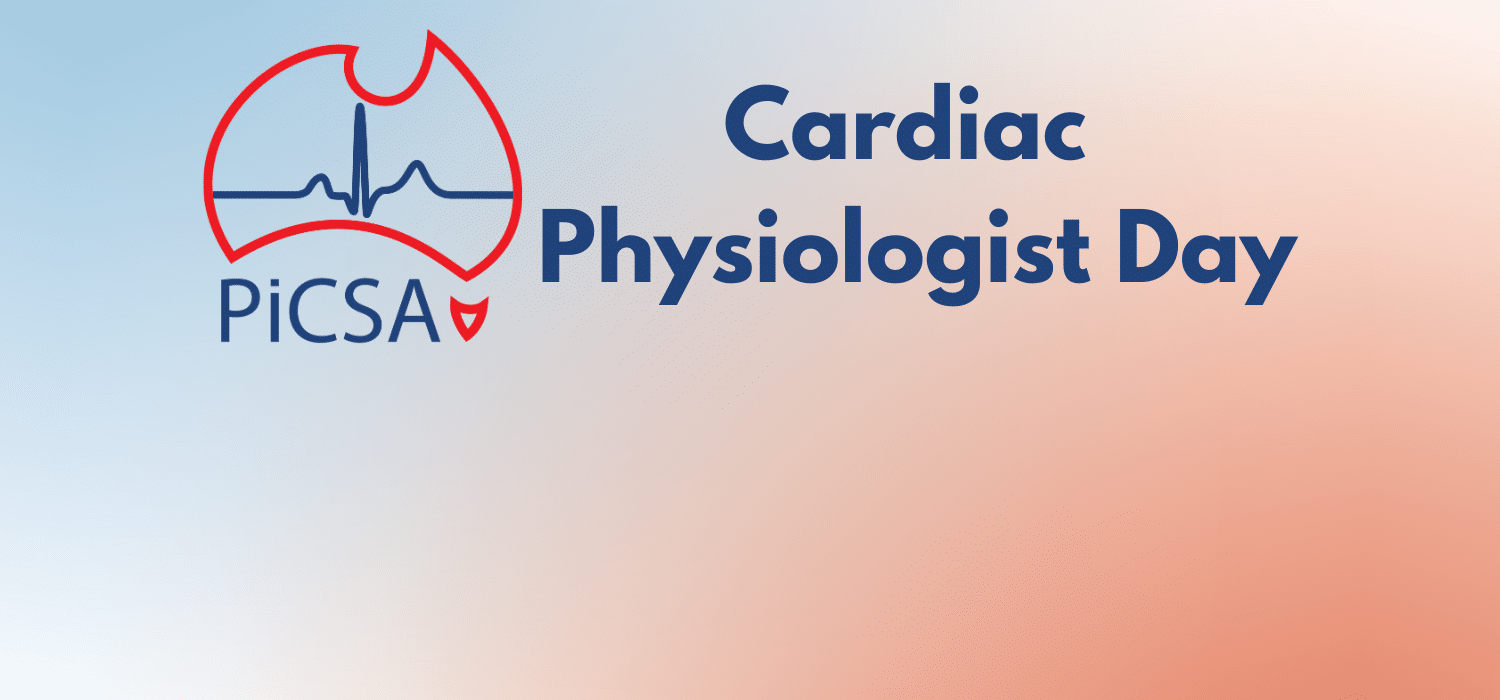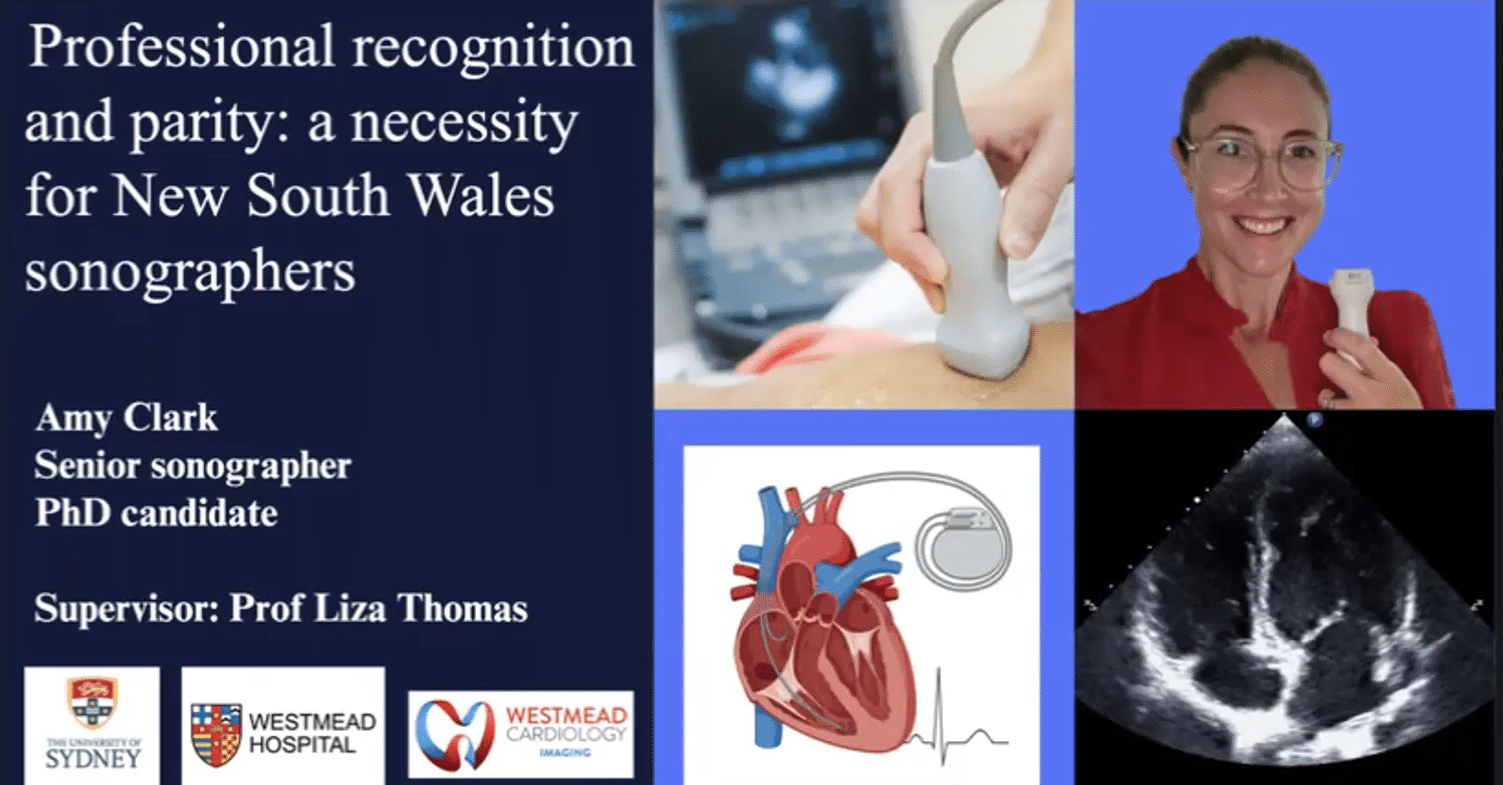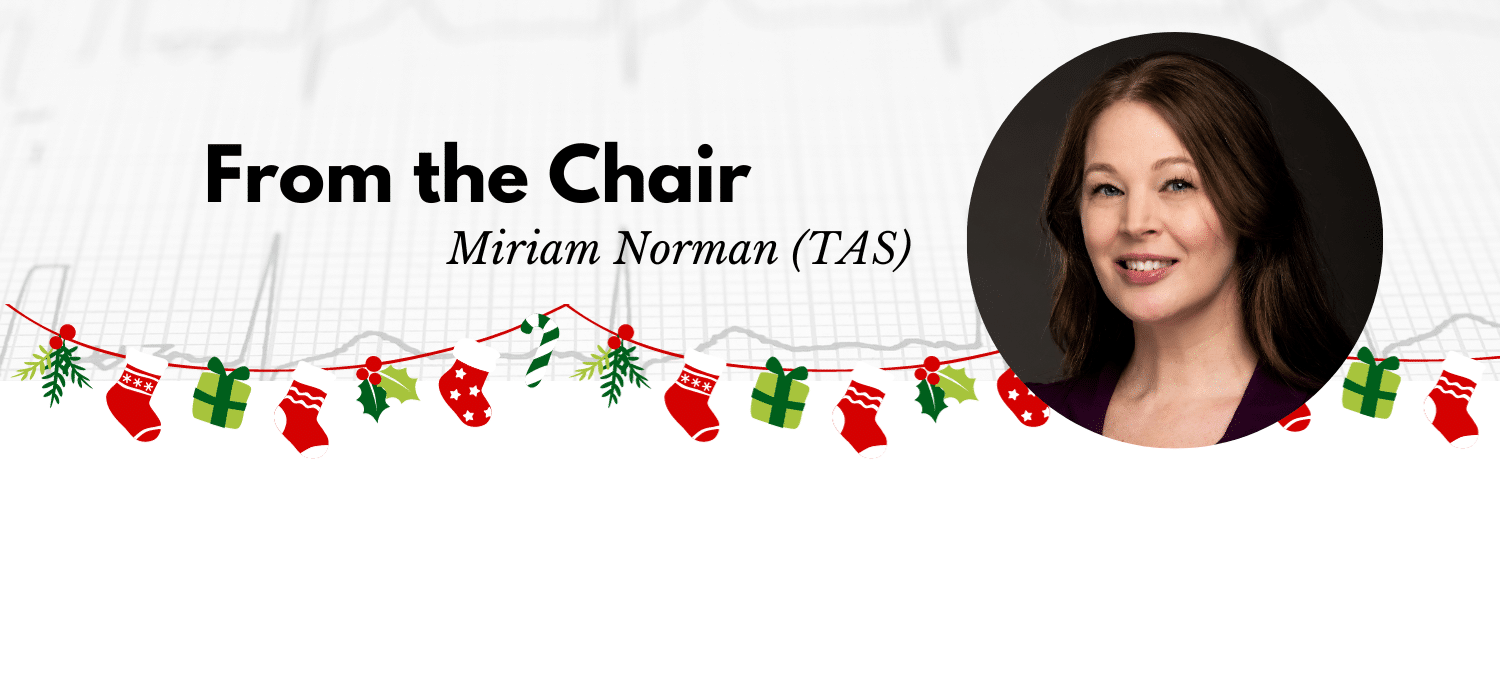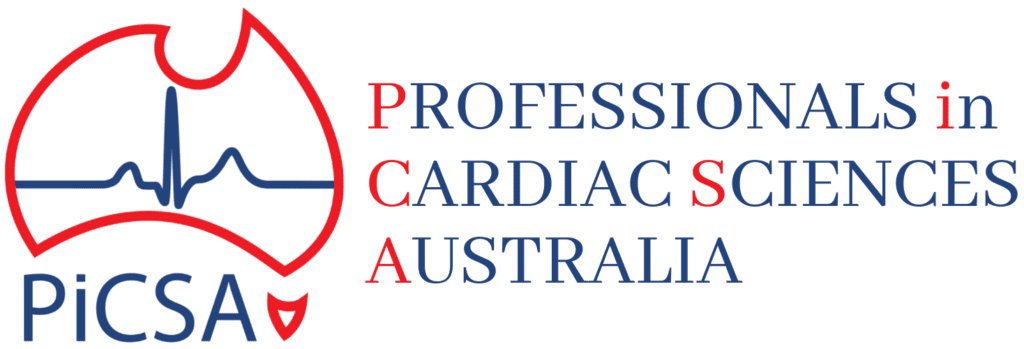The Autumn quarter has been a very busy time for PiCSA. Most notably, we had fabulous participation in this year’s Cardiac Physiologists Day celebrations. A few people have asked for more information about the day, so we’ve included a background piece in this newsletter. We’ve also included a letter expressing my personal appreciation and respect for the current cardiac physiology workforce on our special day.
Behind the scenes our quiz night was a ton of work. I’m especially grateful to Tina Heatherington and the rest of our volunteers for putting it all together and making it such a fun night. If you’d like to help with the project next year, please let us know.
Are you happy with your pay?
One ongoing issue in our profession is the inconsistent regulation, recognition, and renumeration of cardiac physiologists advanced specialties (Echo, Devices, and Electrophysiology). We note that some employers currently pay their Device physiologists less than their Echo physiologists, despite advanced qualifications and non-inferior roles and responsibilities.
Part of the problem is that the International Board of Heart Rhythm Examiners (IBHRE) Certified Cardiac Device Specialist (CCDS) exam is not designed to align particularly well with the Australian Qualifications Framework (AQF). There is work to be done to ensure that Australians have access to a suitably recognised Cardiac Device qualification.
PiCSA’s opinion, as illustrated on our entry pathway document (click here) is that qualified staff working in the advanced modalities of Echo, Device or EP physiology should be equally recognised. We are available to consult with individual members and employers on the issue and have already had some success with this approach.
Employers should be warned that lack of pay parity may discourage early career cardiac physiologists from choosing to specialise in Devices, or move to another employer, perpetuating workforce shortages. We are also aware that some may specialise in Devices, but not bother to obtain or maintain an inadequately recognised qualification, which will negatively affect patient safety.
Registrations will help.
It is not that long ago that Echo was in the same boat as Devices, with limited courses, and no national requirement for registration or accreditation. Registration was a huge step forwards for Echo physiologists and has greatly benefited their professional standing. We are grateful to now have a similar registry for ECG, Cath Lab, Device and EP physiologists: the Australian Council for Clinical Physiologists (see www.theaccp.org.au).
Registration for all (through the ACCP and/or ASAR as applicable) is intended to help prevent any individual specialty from being left behind, and to strengthen our collective voice in governance decisions. Your registration assures the public that there is a commitment to quality, safety, ethical conduct, and ongoing CPD activities. It also adds the collective voices of other allied professional groups to our own.
I strongly urge any unregistered ECG, Cath Lab, Device and EP specialists to please hurry up and sign up at www.theaccp.org.au. The registration year aligns with the financial year, so NOW is the most value-for-money time to submit your application. Employers are encouraged to strongly support voluntary registration, and the ultimate goal is to make registration mandatory.
Regarding AQF assessment of the IBHRE -CCDS exam, PiCSA itself is not an overseas qualification assessor, so we have reached out to other agencies to identify the best way forward. Following Japan’s example, we are also considering the possibility of customising the IBHRE exam to better suit the Australian context, and it is very possible that we might also pursue alternative qualifications.
In summary, PiCSA is dedicated to addressing pay inequality and supporting credentialing and enhancing the recognition of all cardiac physiologists. We strongly encourage registration and are committed to finding solutions that benefit our profession as a whole.
